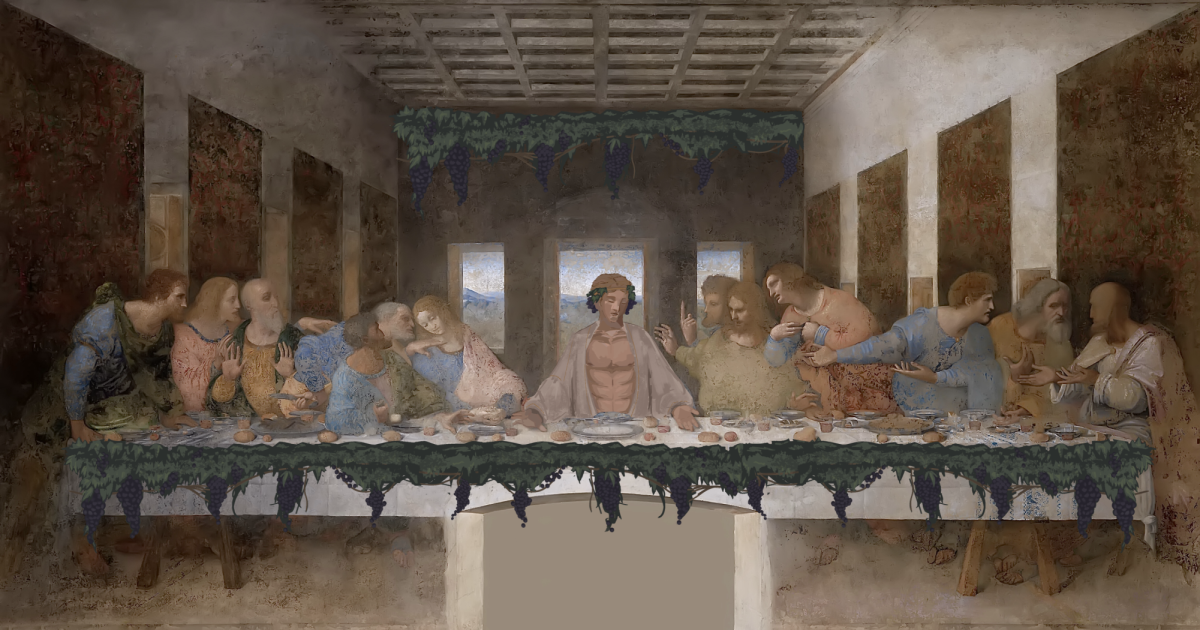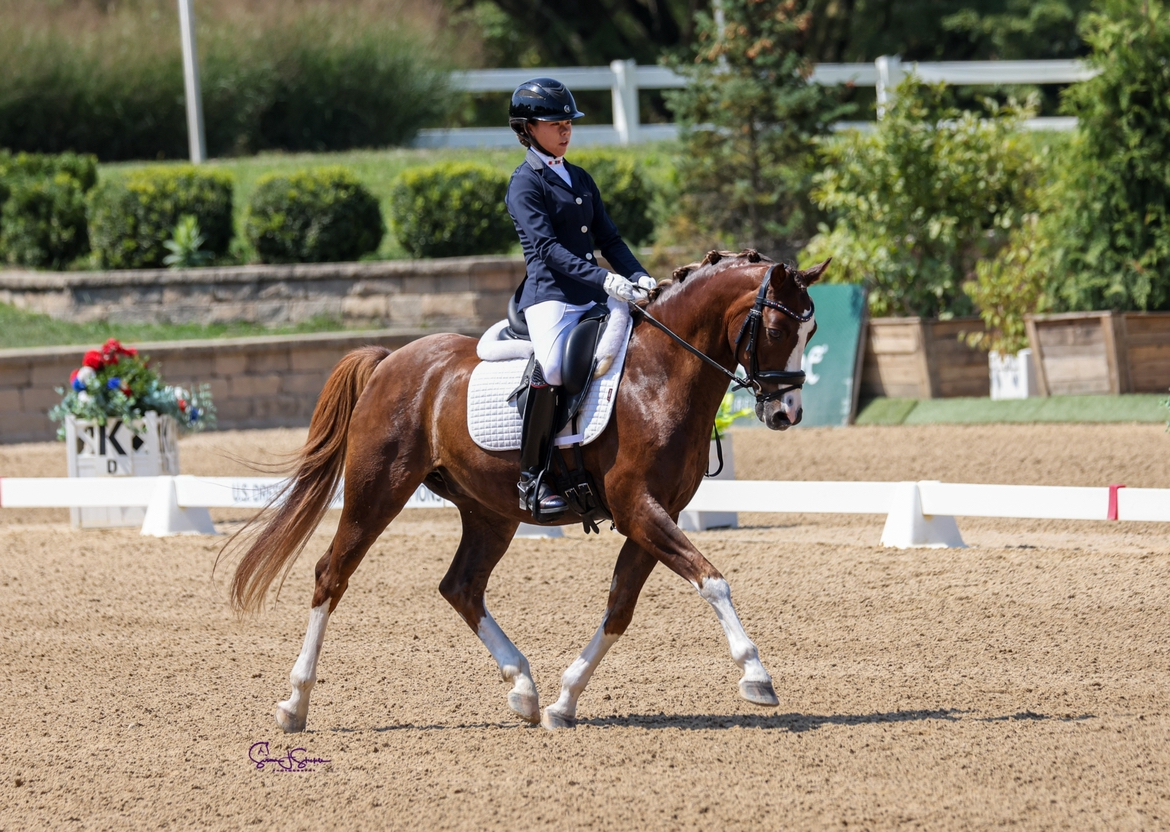“It’s a mockery of our beloved Jesus’ Last Supper.”
“They cannot depict our Lord in that manner.”
“It was a shameful attack on Christianity.”
Those were among the initial reactions posted online or reported in the media among Christians expressing anger toward the Paris Olympics committee for what they perceived as an LGBTQ+ portrayal of a sacred moment described in the Bible.
Although Paris Olympics committee officials apologized to those of Christian faith, the artist who came up with the depiction clarified in an interview with today.com that it had nothing to do with that scene at all.
“It was not my inspiration, the Christian Last Supper,” said Thomas Jolly, the artistic director of the Paris Olympics opening ceremony. “There is [Dionysus], who is at this table. He is there because he is the god of celebration in Greek mythology, the god of wine, who is one of the jewels of France.”
Many conservative Republicans believed that Jolly’s released statement of apology was insincere and rather a public stunt to appease the enraged crowd. The artistic director’s apology appeared to send a message to the online world, saying “sorry if you were offended” without taking any real ownership for the controversy he caused. Even if the inspiration was not intended to be the Last Supper, it still displayed queer models, which are anti-Christian ideals.
Regardless, many users online argued that the apology was unnecessary as those offended were simply confined to their conservative beliefs rather than viewing the event through the lens of the general public.
Christians often weaponize religious dogma but fail to understand the hypocrisies involved. Their response to the 2024 Paris Olympics opening ceremony was one instance of such hasty and uneducated judgment.
Amid state-of-the-art exhibitions, a supposed parody of Leonardo Da Vinci’s painting, The Last Supper, during the ceremony stirred controversy, with many Christians angrily judging the performance as an attack against their religion. However, the act had nothing to do with their religion; instead, it referenced an ancient Greek tradition.
Jolly’s backlash for false interpretations represents an online culture’s tendency to take sides while ignoring opposing views quickly.
It is ironic that Christians, who were outraged by the LGBTQ+ influence, are judging the unprofessionalism and supposed mockery of their religion, in which their sacred text says that God is the only one to judge.
Although expressing one’s thoughts and questions online should not spark a backlash, direct criticism of an artistic director based on their religious dogmas should be reprimanded and viewed as an act of ignorance and hastiness to call out others without fully understanding their intent.
Some may argue that the Olympic committee should have considered the potential backlash of the Christian community when making decisions that could conflict with widely held religious beliefs or values. However, the artistic director should not have to limit his freedom of expression to accommodate religious purposes at an event that focuses on artistic and cultural representation.
In light of this case, a portion of angry Christians appear egotistical in terms of owning whatever appears to tie in with their religion, disregarding other people.
Instead of questioning its true intentions in creating this artwork, it’s important to remember that art is open to interpretation that involves creativity and imagination. It evokes emotions whether good or bad. Everyone is innately different, with experiences shaping who a person is today; therefore, we should not spread hate because of differing opinions — rather, we should embrace other perspectives and seek to coexist.
























